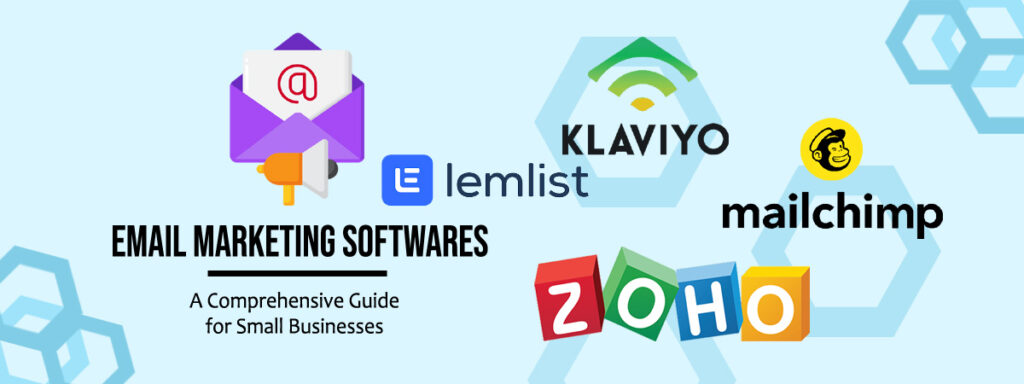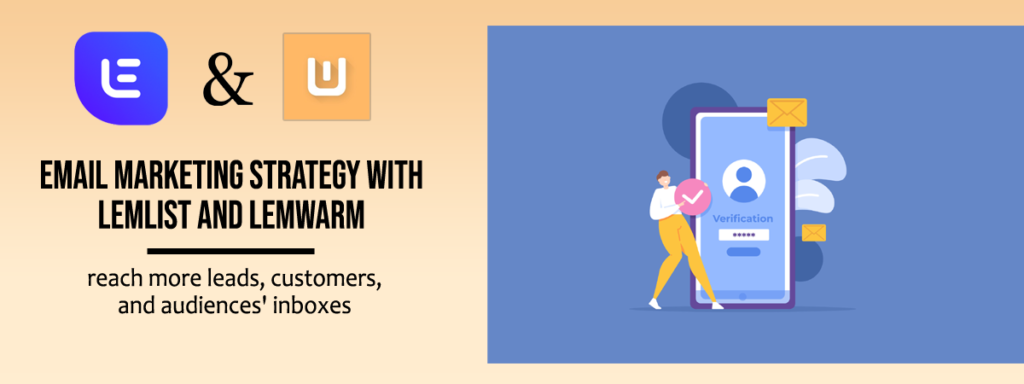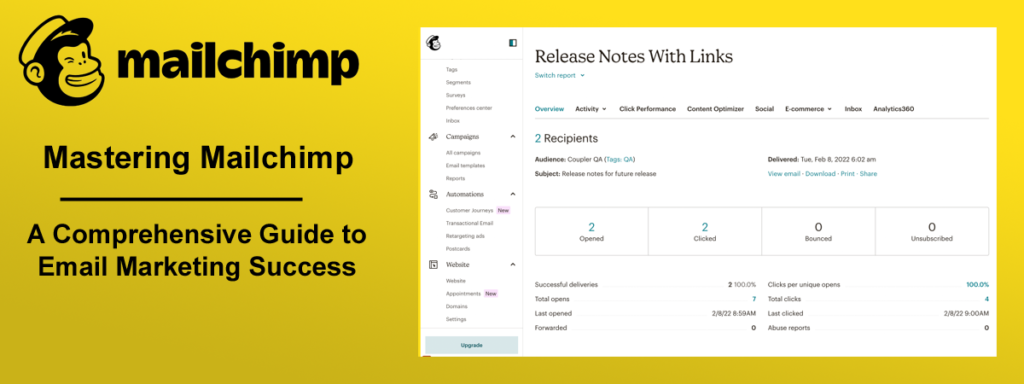Choose the right Email Marketing tool for you
In today’s digital age, email marketing remains a cornerstone of effective communication and customer engagement for businesses of all sizes. With a plethora of email marketing software options available, choosing the right one can be a daunting task, especially for small businesses with limited resources. In this guide, we’ll explore the top email marketing software solutions, their features, pros, cons, pricing, and more, to help you make an informed decision that best suits your business needs.
What is Email Marketing Software?
Email marketing software is a specialized tool designed to facilitate the creation, management, and analysis of email marketing campaigns. These platforms offer a range of features, including email template design, list management, automation, analytics, and more, to streamline the email marketing process and maximize campaign effectiveness.
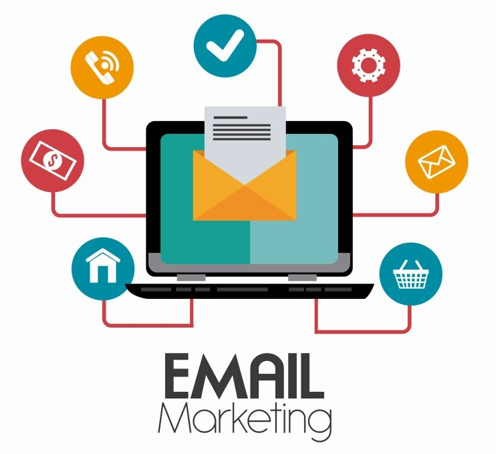
Why Email Marketing is a Good Investment for Effective Management of a Business?
Email marketing offers numerous benefits for businesses looking to engage with their audience, drive sales, and build brand loyalty. Some key reasons why email marketing is a worthwhile investment include:
- Direct communication: Email allows businesses to communicate directly with their target audience, delivering personalized messages and offers tailored to individual preferences and behaviors.
- Cost-effectiveness: Compared to traditional marketing channels, email marketing is highly cost-effective, enabling businesses to reach a large audience with minimal investment.
- Measurable results: Email marketing software provides robust analytics and reporting tools, allowing businesses to track key metrics such as open rates, click-through rates, conversions, and more, to measure the success of their campaigns and make data-driven decisions.
- Automation capabilities: Email marketing platforms offer automation features that streamline repetitive tasks, such as welcome emails, follow-ups, and drip campaigns, saving time and improving efficiency.
- Audience segmentation: Email marketing software allows businesses to segment their audience based on demographics, behavior, and other criteria, enabling targeted and relevant messaging that resonates with recipients.
Tips to Setup an Effective Email Marketing Campaign:
Setting up an effective email marketing campaign requires careful planning and execution. Here are some tips to help you get started:
- Define your goals: Clearly define the objectives of your email marketing campaign, whether it’s to drive sales, increase brand awareness, or grow your subscriber list.
- Know your audience: Understand your target audience’s preferences, interests, and pain points to create relevant and engaging content that resonates with them.
- Create compelling content: Craft compelling subject lines and email content that grabs attention, provides value to the recipient, and encourages action.
- Optimize for mobile: With the majority of emails being opened on mobile devices, ensure your emails are mobile-responsive and optimized for seamless viewing across different screen sizes.
- Test and iterate: Continuously test different elements of your email campaigns, such as subject lines, send times, and content, and use the insights gained to refine and improve your strategy over time.
Components of an Email Marketing Campaign:
An effective email marketing campaign typically consists of the following components:
- Email list building: Building a quality email list of engaged subscribers is essential for the success of your campaigns. Offer incentives such as discounts, content downloads, or exclusive offers to encourage sign-ups.
- Email design: Create visually appealing and engaging email templates that reflect your brand identity and resonate with your audience.
- Personalization: Personalize your emails with dynamic content, such as recipient’s name, past purchase history, or preferences, to enhance relevance and engagement.
- Automation: Utilize automation features to streamline workflow processes, such as welcome emails, abandoned cart reminders, and re-engagement campaigns.
- Testing and optimization: Test different elements of your emails, such as subject lines, CTAs, and send times, and use A/B testing to identify what resonates best with your audience.
- Analytics and reporting: Track key metrics such as open rates, click-through rates, conversion rates, and ROI to measure the effectiveness of your campaigns and identify areas for improvement.
Features to Look for in an Email Marketing Tool for a Small Business:
When choosing an email marketing tool for your small business, it’s important to consider a range of features that align with your specific needs and goals. Some key features to look for include:
- User friendliness: An intuitive and easy-to-use interface that doesn’t require extensive technical expertise.
- Contact management: Robust contact management capabilities, including list segmentation, tagging, and advanced filtering options.
- Keywords and tags: Tools for organizing and categorizing contacts using keywords and tags for targeted messaging.
- Reports and analytics: Comprehensive reporting and analytics tools that provide insights into campaign performance and audience engagement.
- Integration with other apps: Seamless integration with other marketing tools, CRM systems, e-commerce platforms, and third-party apps to streamline workflow processes.
- AI features: AI-driven features such as predictive analytics, personalized recommendations, and automated content generation to enhance campaign effectiveness.
- Setup simplicity: Easy setup process with customizable templates, drag-and-drop editors, and pre-built automation workflows for quick deployment of campaigns.
Best Email Marketing Softwares
Lemlist + Lemwarm
Lemlist is an email marketing tool designed to help businesses and individuals create, automate, and optimize email campaigns. Launched in 2018, it quickly gained popularity due to its user-friendly interface and robust set of features tailored for personalized email outreach.
Lemlist focuses on helping users achieve higher engagement and conversion rates by enabling personalized emails at scale, leveraging features like automated follow-ups, and providing detailed analytics. It works well along with its free email warming tool Lemwarm.
Features
- Personalization at Scale: Customize emails with personalized images, videos, and text to increase engagement.
- Automated Sequences: Create and automate multi-step email sequences to nurture leads over time.
- A/B Testing: Test different email variations to determine what works best for your audience.
- CRM Integration: Seamless integration with popular CRMs like Salesforce, HubSpot, and Pipedrive.
- Cold Email Campaigns: Specialized features for running cold email campaigns, including automatic follow-ups and response tracking.
- Team Collaboration: Features that allow team members to collaborate on campaigns, share templates, and manage workflows.
Overall, Lemlist is a powerful tool for those looking to enhance their email marketing efforts with personalized, automated, and data-driven campaigns. While there are some drawbacks, its benefits and unique features make it a strong contender in the email marketing space.

Pros
- High Level of Personalization: The ability to personalize emails extensively, including images and videos, makes campaigns more engaging.
- Automated Follow-Ups: Automates follow-up emails based on recipient actions, saving time and ensuring consistent communication.
- User-Friendly Interface: The platform is intuitive and easy to use, even for those with limited technical skills.
- Detailed Analytics: Comprehensive reporting tools provide valuable insights into campaign performance.
- Improved Deliverability: Features aimed at increasing email deliverability ensure that emails reach the intended inboxes.
- Integration Capabilities: Easily integrates with various CRMs and other marketing tools, streamlining workflows.
Cons
- Pricing: Can be relatively expensive for small businesses or individual users compared to some other email marketing tools.
Klaviyo
Klaviyo is a powerful email marketing platform built specifically for e-commerce businesses, offering advanced segmentation, automation, and personalization features.
Klaviyo offers a free plan for up to 250 contacts, with paid plans starting at $20 per month for up to 500 contacts.
Features and USP include:
- Customizable email templates
- Dynamic content
- Predictive analytics
- Integrations with popular e-commerce platforms such as Shopify and WooCommerce
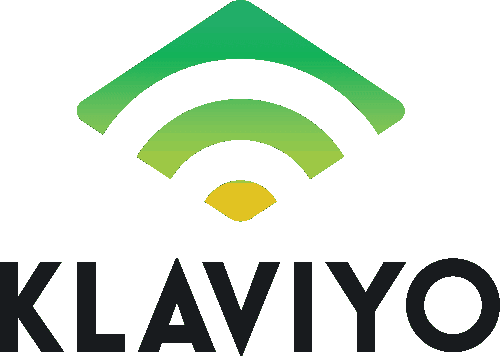
Pros
- Robust segmentation and targeting options
- Seamless integration with e-commerce platforms
- Advanced automation capabilities
- Predictive analytics for data-driven decision-making
Cons
- Pricing may be higher compared to some other options
- Steeper learning curve for beginners
Mailchimp
Mailchimp is one of the most popular email marketing platforms, offering a range of features including email templates, automation, A/B testing, and audience segmentation.
Mailchimp offers a free plan for up to 2,000 contacts, with paid plans starting at $9.99 per month for up to 500 contacts.
Features
- User-friendly interface
- Extensive template library
- Robust automation capabilities.
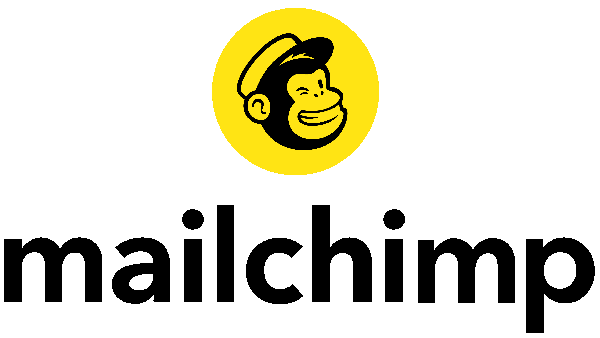
Pros
- Intuitive interface and easy-to-use design tools
- Extensive template library for creating visually appealing emails
- Powerful automation features for workflow automation
- A/B testing for optimizing campaign performance
Cons
- Limited segmentation options in the free plan
- Pricing can become expensive as subscriber count grows
ActiveCampaign
ActiveCampaign is a comprehensive marketing automation platform that goes beyond email marketing, offering features such as CRM, sales automation, and SMS marketing.
ActiveCampaign offers a 14-day free trial, with paid plans starting at $9 per month for up to 500 contacts.
Features
- All-in-one marketing automation suite
- Combining email marketing, CRM, and automation in a single platform.

Pros
- Advanced automation capabilities with conditional logic
- Built-in CRM for managing customer relationships
- Multichannel marketing capabilities including email, SMS, and social media
- Flexible pricing plans based on the number of contacts and features required
Cons
- Learning curve for mastering advanced features
- Interface can be overwhelming for beginners
Zoho
Zoho Campaigns is part of the Zoho suite of business applications, offering email marketing, automation, and CRM integration for small businesses.
Zoho Campaigns offers a free plan for up to 2,000 subscribers, with paid plans starting at $3 per month for up to 500 subscribers.
Features
- Its seamless integration with other Zoho applications
- Offering a unified platform for managing sales, marketing, and customer relationships.
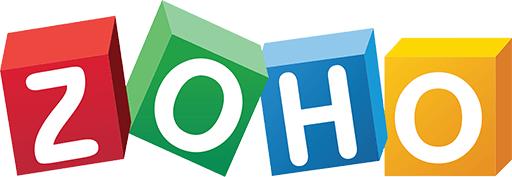
Pros
- Integration with other Zoho applications such as CRM and SalesIQ
- Pre-designed templates and drag-and-drop editor for easy email creation
- Workflow automation for streamlining marketing processes
- Affordable pricing plans with flexible options
Cons
- Limited third-party integrations compared to some other platforms
- Reporting and analytics features may be less robust
MailerLite
MailerLite is a user-friendly email marketing platform designed for small businesses and freelancers, offering features such as drag-and-drop editor, automation, and landing pages.
MailerLite offers a free plan for up to 1,000 subscribers, with paid plans starting at $10 per month for up to 1,000 subscribers.
Features
- Its simplicity and affordability
- Making it an ideal choice for beginners and budget-conscious businesses.

Pros
- Easy-to-use drag-and-drop editor for creating professional-looking emails
- Automation workflows for welcome emails, abandoned cart reminders, and more
- A/B testing for optimizing campaign performance
- Affordable pricing plans with transparent pricing based on subscriber count
Cons
- Limited advanced features compared to some other platforms
- Customer support may be slower during peak times
Constant Contact
Constant Contact is a popular email marketing platform known for its user-friendly interface, customizable templates, and extensive library of marketing resources.
Constant Contact offers a 60-day free trial, with paid plans starting at $20 per month for up to 500 contacts.
Features
- Its ease of use
- Extensive template library
- Additional marketing tools such as social media marketing and event management.
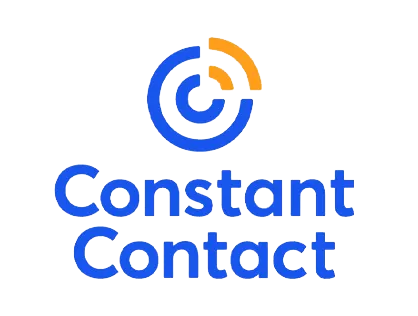
Pros
- User-friendly interface with intuitive design tools
- Extensive library of customizable templates for emails, newsletters, and more
- Additional marketing tools for social media marketing and event management
- Robust customer support including phone, chat, and email support
Cons
- Limited automation capabilities compared to some other platforms
- Pricing can be higher compared to similar options
Frequently Asked Questions (FAQs)
What is the best email marketing software for small businesses?
The best email marketing software for small businesses depends on your specific needs and preferences. Some popular options include Lemlist, Mailchimp, ActiveCampaign, and Constant Contact, each offering unique features and pricing plans tailored to different business requirements.
How do I choose the right email marketing software for my business?
When choosing an email marketing software, consider factors such as ease of use, features, pricing, customer support, and integrations with other tools. It’s also important to assess your business goals and requirements to ensure the chosen platform aligns with your objectives.
Can I switch email marketing software providers if I'm not satisfied?
Yes, most email marketing software providers allow users to switch providers if they’re not satisfied with their current solution. However, it’s important to consider factors such as data migration, contract obligations, and potential downtime when transitioning to a new platform.

